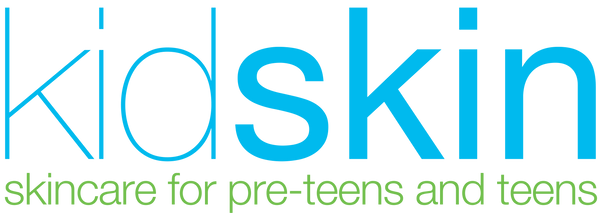The teenage years bring many changes, not just physically but also in lifestyle and diet. These changes can significantly impact skin health. This blog post explores how diet affects skin health, especially for teens dealing with acne, and highlights the types of foods that can help manage acne and maintain healthy skin.
The Connection Between Diet and Skin Health
Inflammation and Diet: Some foods can cause or worsen inflammation, which is closely linked to acne. Anti-inflammatory diets, as explained by Harvard Health, can help in managing acne.
Dairy and Acne: There's ongoing research about the link between dairy consumption and acne. Organizations like the National Institutes of Health (NIH) have conducted studies suggesting that high dairy intake may be associated with acne.
Foods to Embrace for Healthy Skin
Fruits and Vegetables: Rich in antioxidants and vitamins, fruits and vegetables are essential for maintaining healthy skin. The Mayo Clinic emphasizes the benefits of a diet high in fruits and vegetables for overall health, including skin.
Whole Grains: Swapping out refined carbohydrates for whole grains can help manage blood sugar levels and potentially reduce acne breakouts.
Healthy Fats: Omega-3 fatty acids, found in fish, nuts, and seeds, are beneficial for skin health. The American Heart Association discusses the benefits of omega-3s, which can also help in managing acne by reducing inflammation.
Hydration: Staying hydrated is crucial for skin health. Water helps in detoxifying the body and keeping the skin moisturized.
Foods to Limit or Avoid
High Glycemic Index Foods: Foods like white bread, sugary snacks, and other processed foods can trigger acne. The Glycemic Index Foundation offers comprehensive guides on low-glycemic diets.
Dairy Products: While the evidence is not conclusive, reducing dairy, especially skim milk, may help those struggling with acne.
Foods High in Saturated Fats: Foods high in saturated fats can contribute to inflammation, potentially worsening acne.
Lifestyle and Dietary Tips for Teens
Balance is Key: Maintaining a balanced diet is essential. Crash diets or extreme dietary changes are not advisable.
Consult a Nutritionist or Dermatologist: For personalized dietary advice, especially when dealing with acne, consulting a professional is recommended.
Understanding the relationship between diet and skin health is crucial, especially for teenagers. While diet is just one piece of the puzzle in managing acne, it plays a significant role. Encouraging teens to adopt a balanced, healthy diet can not only improve their skin health but also their overall well-being.

